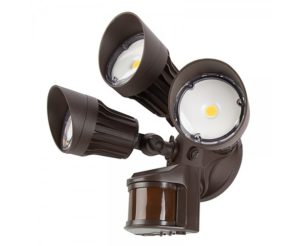Welcome to the final installment of our ongoing series looking at what you should evaluate when you invest in home security cameras. We hope you have enjoyed our knowledge download so far. Today, we are going to look at the final factors you should consider when you invest in a camera-based home security system.
In this installment, we are going to move beyond the technicalities of a camera and instead talk about the intangibles of ownership. Why? Because choosing the right home security camera for your particular home or application is not a task that should be taken lightly. With so many systems, options, features, types of equipment, and different plans to choose from, it is easy to make the wrong choice.
Fortunately, we have already covered the basics. And once you know the basics, you can make a decision based on the facts, rather than conjecture. You’ll just need to keep needs, skill set and budget in mind. You may also want to create a checklist for yourself so that you don’t forget something critical as you are make a decision.
The Home Ownership Equation
A big part of home ownership is the imperative to keep your family and belongings safe. Yet, what if you don’t own your home? Just like anything else, there are security systems for homeowners and security systems for renters. Do you want to purchase or lease a system? If you own your home and plan to stay there for the long haul, then buying a permanent system may be the way to go. The good thing about a permanent system is that it can be acquired for a lower up-front cost. Monitoring plans are also stretched out over a longer term.
The security company essentially takes a small loss selling you the unit for a lower up front cost and then makes their money back with long-term contracts. Even better, should you decide to move, you own the equipment, so you can take it with you. Yet, even if you own your home, you may want to lease a system. Just remember that the cost of the equipment for a leased system is generally built into the price of the system.
This is the one drawback to a leased system. You will be paying for it over the long haul and you will never own it. But if you are a renter or won’t be staying in one place for long, a leased option may be the way to go. In fact, renters would be better off going with a portable, DIY wireless system that can be easily moved. This way you aren’t putting holes in the walls. DIY systems also carry far less up front or long term costs.
Is it Compatible?
Your final consideration should be compatibility. You don’t want to pay for an expensive camera set up only to realize that the home security cameras are not compatible with the rest of the system. Even worse, you may lock yourself into a long term contract that you don’t want to pay for.
There are plenty of things to consider when investing in a home security camera system. We hope this three-part series has helped you make the right decision for you, your home, and your family!

